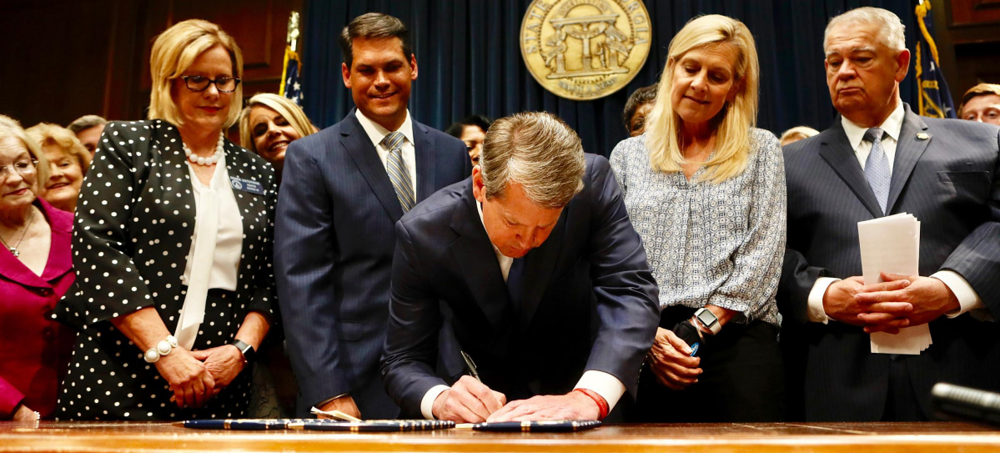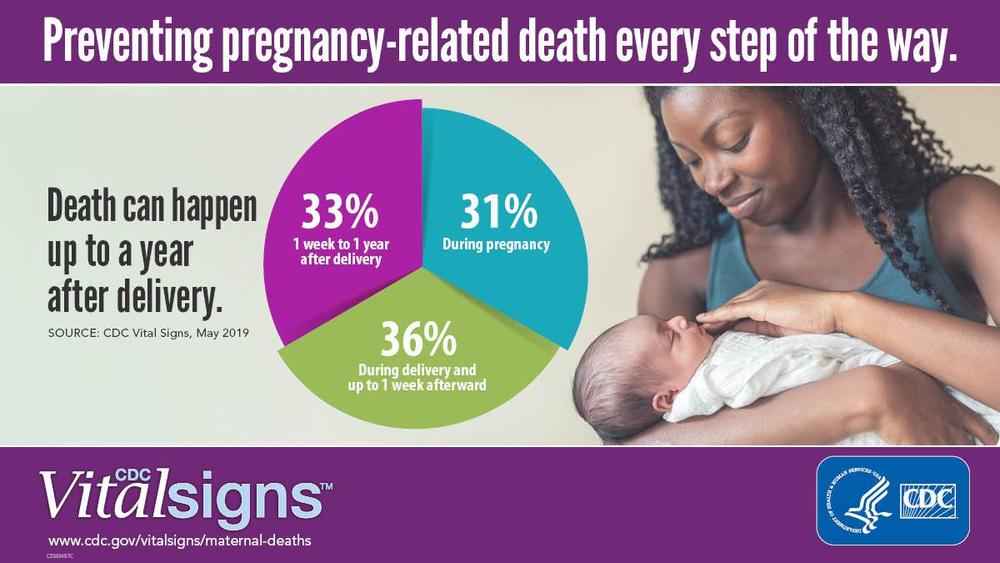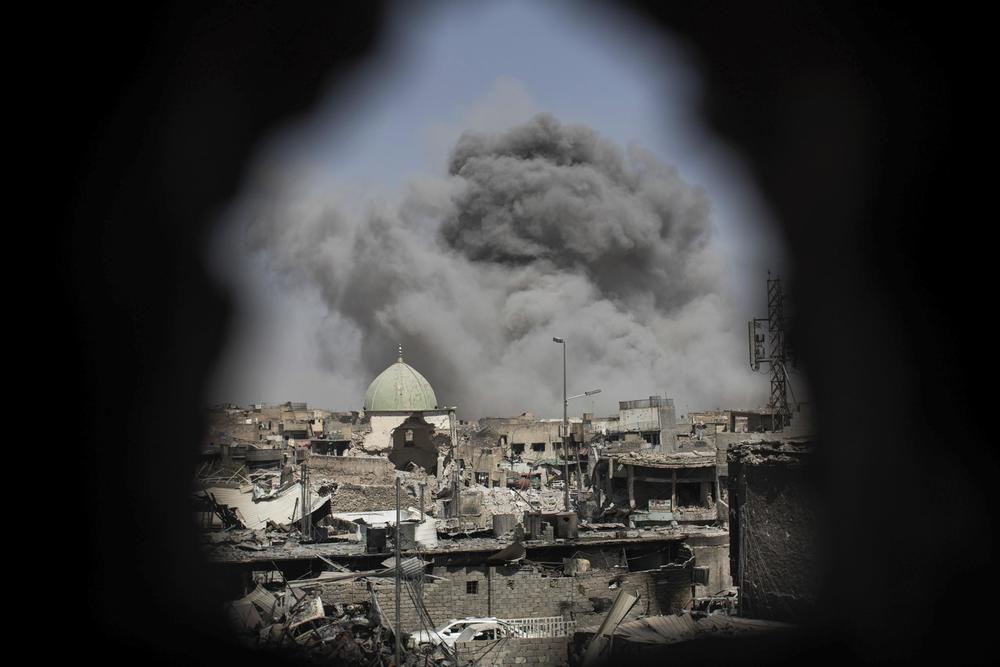
Section Branding
Header Content
GPB News Round-Up - Thursday, May 9, 2019
Primary Content

Amid Legal Threats, Kemp Signs Tougher ‘Heartbeat’ Abortion Restrictions
Starting Jan. 1, Georgia will have one of the strictest abortion laws in the country, if it survives legal challenges from abortion rights advocates and civil rights groups.
Republican Gov. Brian Kemp signed HB 481, the Living Infants Fairness and Equality (LIFE) Act Tuesday morning. Once the law takes effect, doctors would not be allowed to perform abortions after a heartbeat is detected, which is usually around six weeks into pregnancy. Current Georgia law allows abortions up to 20 weeks.
Exceptions would be made if a pregnancy is deemed ‘medically futile,’ when the life of the mother is at risk or if a police report is filed in the case of rape or incest. Staci Fox, president and CEO of Planned Parenthood Southeast, said this bill would effectively ban abortions for women in Georgia.
“Let’s be clear, women are highly unlikely to even know they’re pregnant at six weeks,” Fox said in an interview. “I don’t think we should pretend this is anything but an all-out ban on abortion in Georgia.”
Read the full story from GPB's Stephen Fowler and Ross Terrell here.

Rural Georgia Still Most At Risk Of Preventable, Pregnancy-Related Deaths, CDC Says In New Study
The number of mothers who die from pregnancy-related complications has not declined, according to a new report from the Centers for Disease Control and Prevention.
That means women in Georgia — especially in rural parts of the state where access to maternity care is limited or nonexistent — are more likely to die from pregnancy-related complications than in countries much poorer than the United States.
But, the CDC said Tuesday in its Vital Signs report, that most of these deaths are preventable.
Read the full story from GPB's Ellen Eldridge here.

Moral Wounds: Military Documents Detail Elite Navy SEAL's Alleged War Crimes In Iraq
Over his 19-year career with the Navy SEALs, Special Operations Chief Edward "Eddie" Gallagher earned high honors for valor and leadership as a medic, sniper and explosives expert. But less than a year after Gallagher returned from his eighth deployment – fighting the Islamic State in Mosul, Iraq – he drew a different kind of attention from the Navy: he was charged with war crimes, among them premeditated murder. Gallagher's case goes to trial in May. He and his family have denied all charges.
When New York Times national correspondent Dave Philipps began reporting on Gallagher's case, he thought he might learn that Gallagher had suffered some kind of psychotic break as the result of numerous combat deployments over the course of nearly two decades. But what Philipps has found, through interviews and hundreds of pages of internal military documents, defied expectations. Joining on the line from Colorado Springs, Colorado, Philipps told On Second Thought that Gallagher's case reveals a Navy SEAL culture "split between loyalty and justice."
On Second Thought host Virginia Prescott spoke with Philipps. Listen to their discussion here.
For these stories and more visit GPBNews.org.
Starting Jan. 1, Georgia will have one of the strictest abortion laws in the country, if it survives legal challenges from abortion rights advocates and civil rights groups. Read about the signing of HB 481 and more of the week's top stories now.





